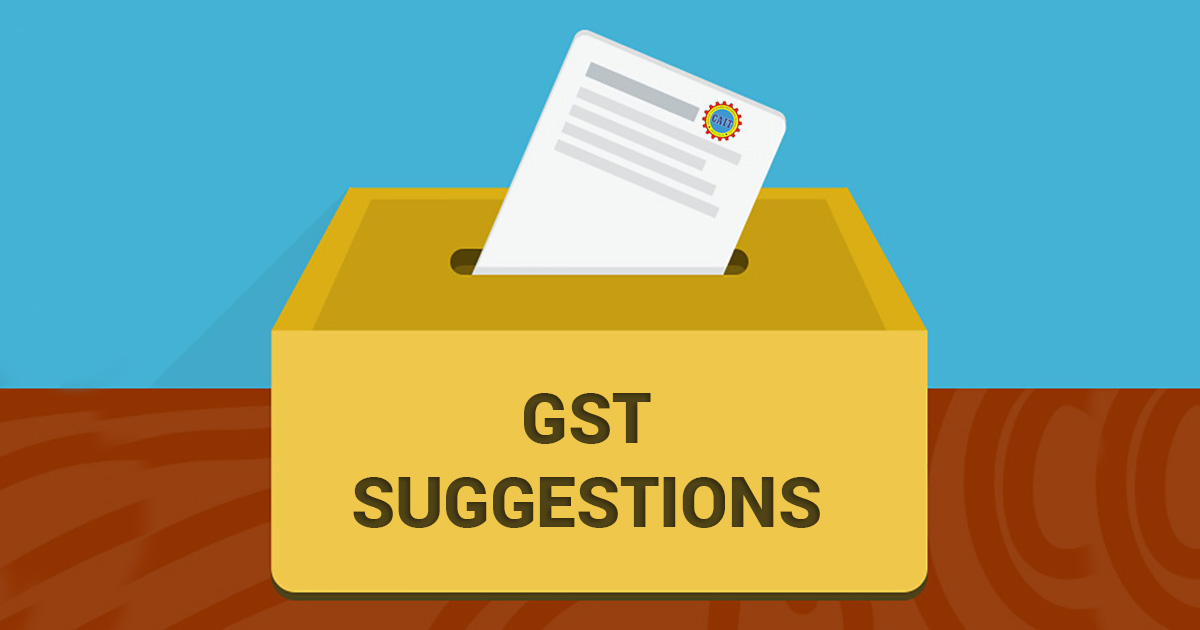Consideration of All India Traders (CAIT) has urged curtailment in the tax rate from the current tax bracket to the relevant lower tax bracket for non-luxurious items.
The CAIT has appealed the GOI to reduce the GST rates on different products like auto parts, aluminium utensils etc which does not come under the squad of luxurious items, along with items such as hardware, paints, mobile covers, marble, used vehicles, two-wheelers, agricultural equipment and the food items like dry fruits, food grains, ice cream, malt/cereal-based health food drinks, roasted chana, etc.
“Various items like auto parts, aluminium utensils etc. are not of luxurious nature (and) should be taken out from 28 per cent tax slab…,” CAIT said.
They proposed for the review and revamp of various items under different GST rate slabs because many of them are coinciding.
CAIT prepared a White Paper on GST and has submitted the same to the Finance Minister Nirmala Sitharaman, through which they have insisted on the simplification and reduction of GST tax brackets. At the same time, they behested the attention on the point that the tax rate on unprocessed/raw material should not supersede the tax rate on the finished goods.
Simplification of GST mechanism includes the simplification of Form GSTR 9 and 9C because now these forms demand more information which mystifies the traders.
CAIT Secretary General Praveen Khandelwal appealed the Minister to simplify Form GSTR 9 and 9C through this whitepaper. Simalteouly he brought to the fore the fact that the initial notification binds the non-banking finance companies and microfinance institutions to be associated with the Mudra scheme to grant the loan to the final recipient. He spotlighted that banks should be instructed to provide money lending services to NBFCs and MFIs.
He presented suggestions on boosting the digital payment as well. In the context of which he said that the bank charges which are charged on card transaction should be paid by the government to the bank directly and should not be charged by the dealers and consumers.
Further, he importuned for the formation of GST Lokpal for each state and centre to redress the queries and complaints of the traders.
Sitharaman honoured the suggestions and assured that the issues outstretched by CAIT will be taken into consideration. She said that the government wants a tax mechanism which is simple to be understood and followed by the citizens so that they can be compliant with the legal laws. And so the government will work on simplifying the tax mechanism.
Other issues highlighted in the whitepaper include reverse charge mechanism, advance ruling, amendment of GST returns, HSN code issues, clarification of jurisdiction of CGST & SGST, the abolition of Form ITC-04, etc. One of the notable issues is that the liability of paying GST must be delegated to the seller only and not to the buyer.
